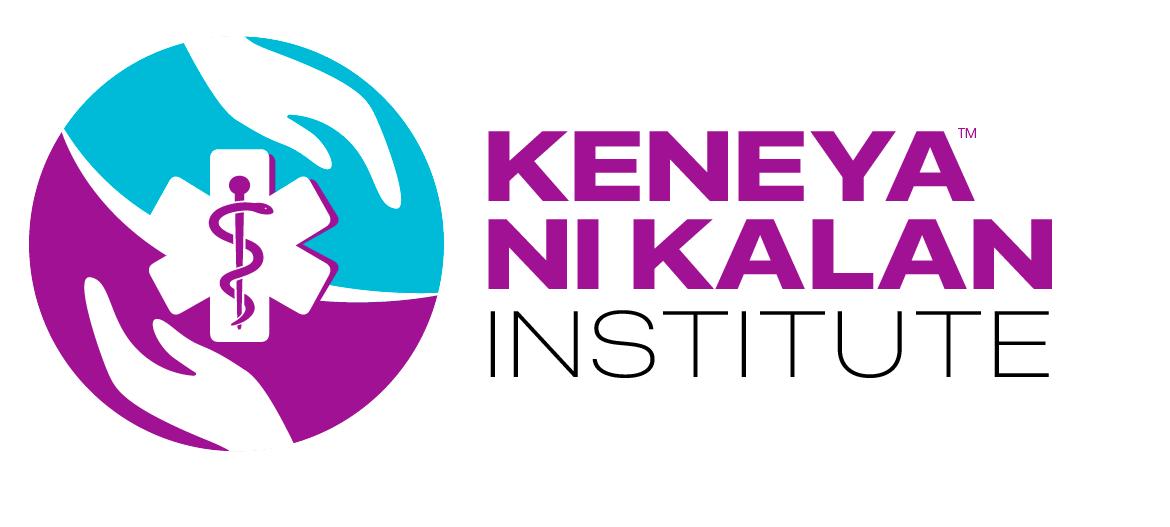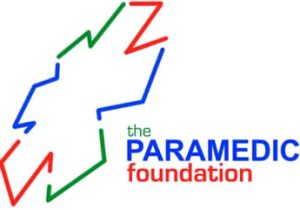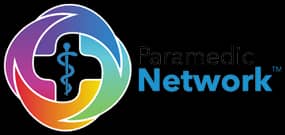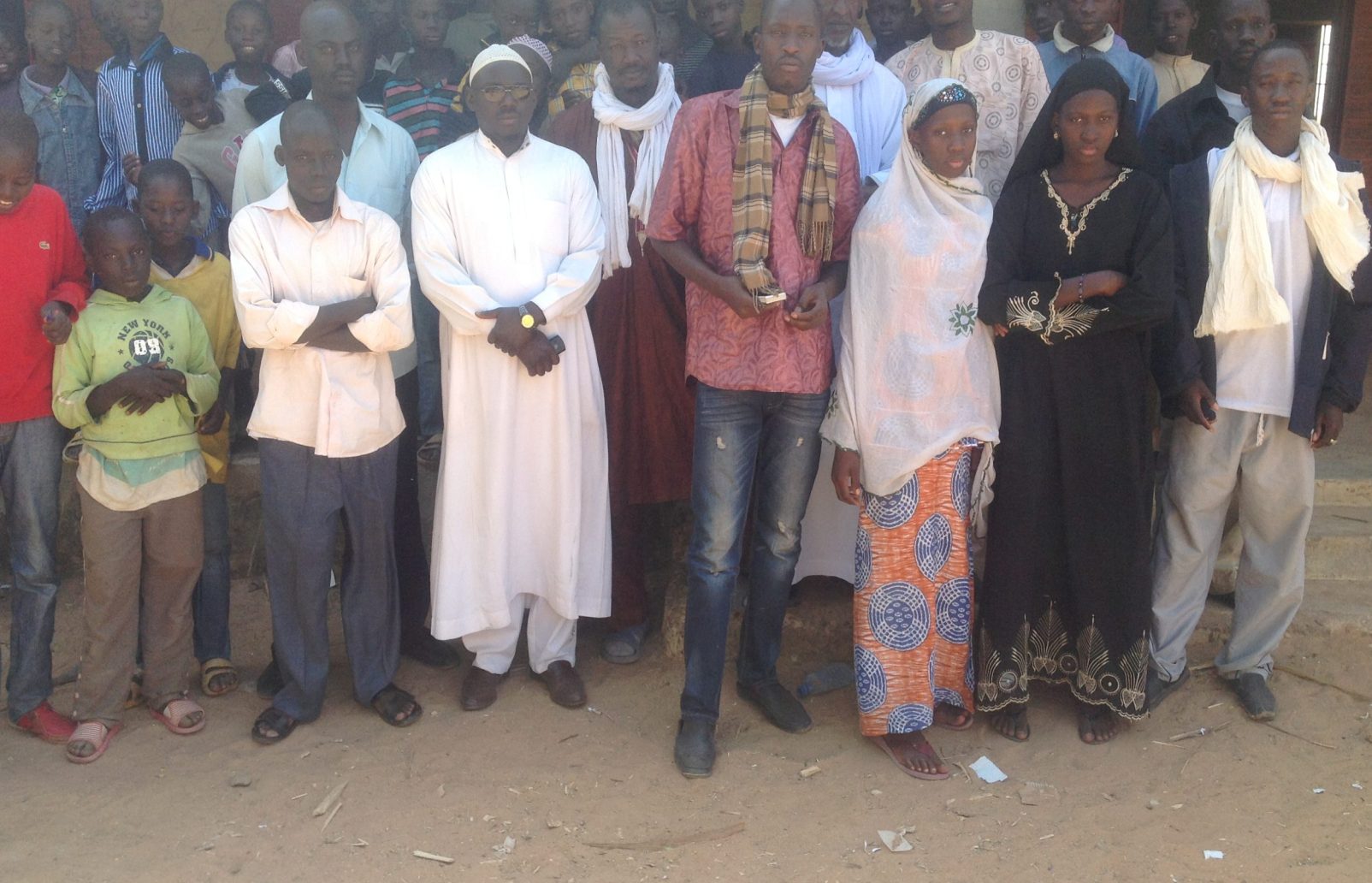
Change a student
Change a village
Change a generation

Change a student
Change a village
Change a generation

Change a student
Change a village
Change a generation

Change a student
Change a village
Change a generation






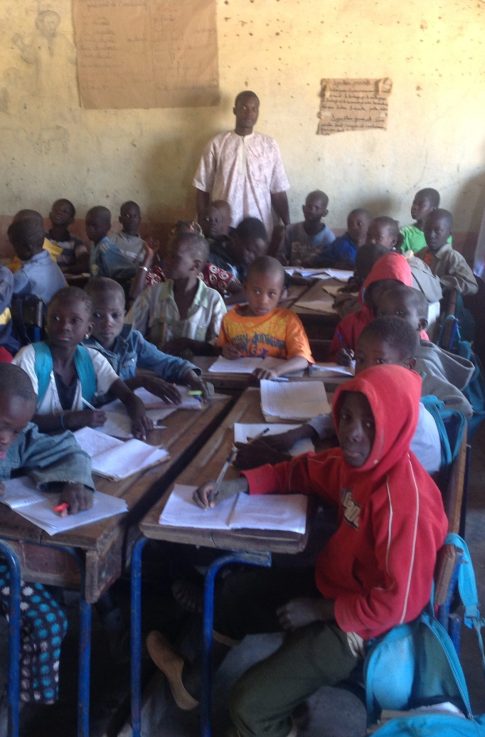
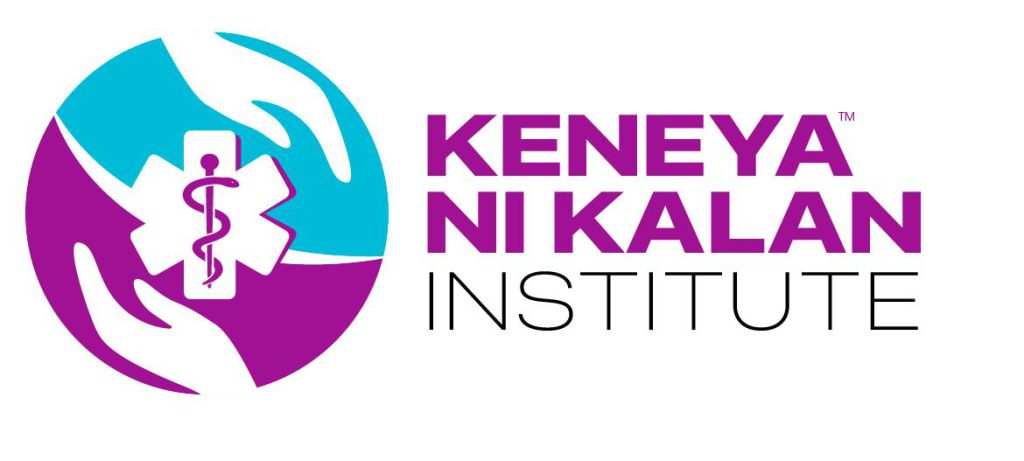
Mali is a culturally rich and diverse country in West Africa. With a population of 20,741,769, the average age is 16. Landlocked, it is one of the poorest countries in the world. According to a 2019 estimate, more than 42% of Malians live below the poverty line. The country’s economy is centered on farming, fishing, and herding. The youth (15-24) unemployment rate is at 17%.
Health and Education (Keneya Ni Kalan) are fundamental human rights, which means anyone should have access to them. However, in Mali they remain a challenge. Even though enrollment in public schools is free and compulsory for ages 6 through 16, education is a financial burden for many unable to afford school supplies, uniforms, and books. Studies have proven that a higher level of education contributes to favorable living conditions and positive health behaviors. In rural Mali, only 4% of women achieved primary education while 38% have no level of education at all.
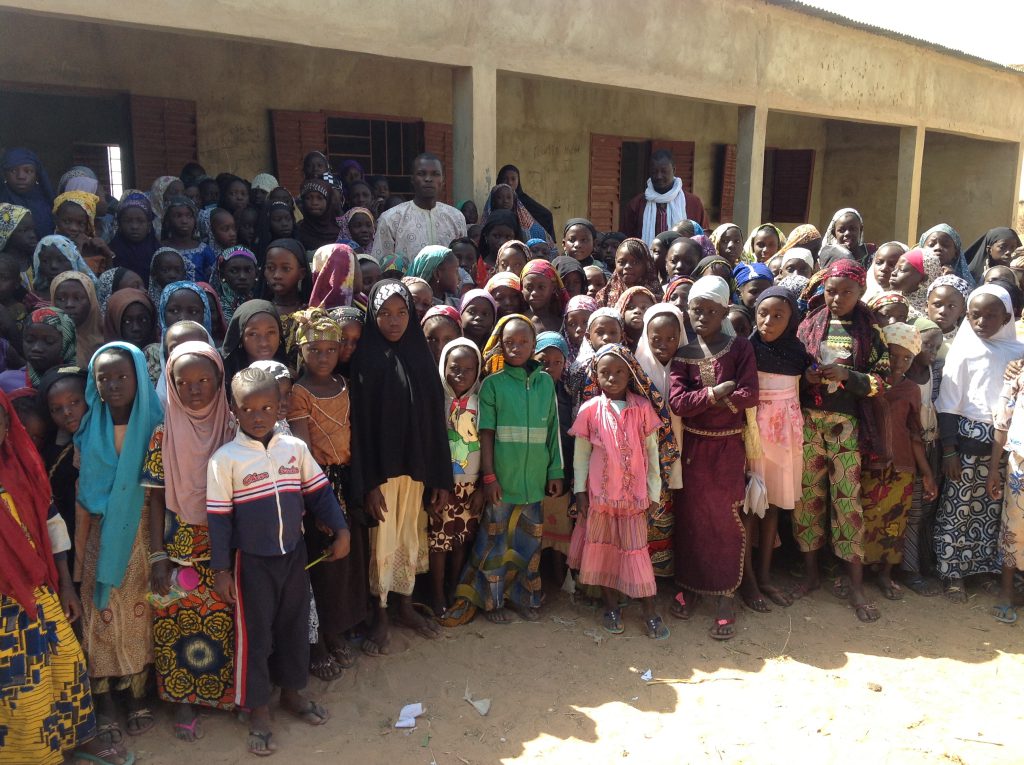
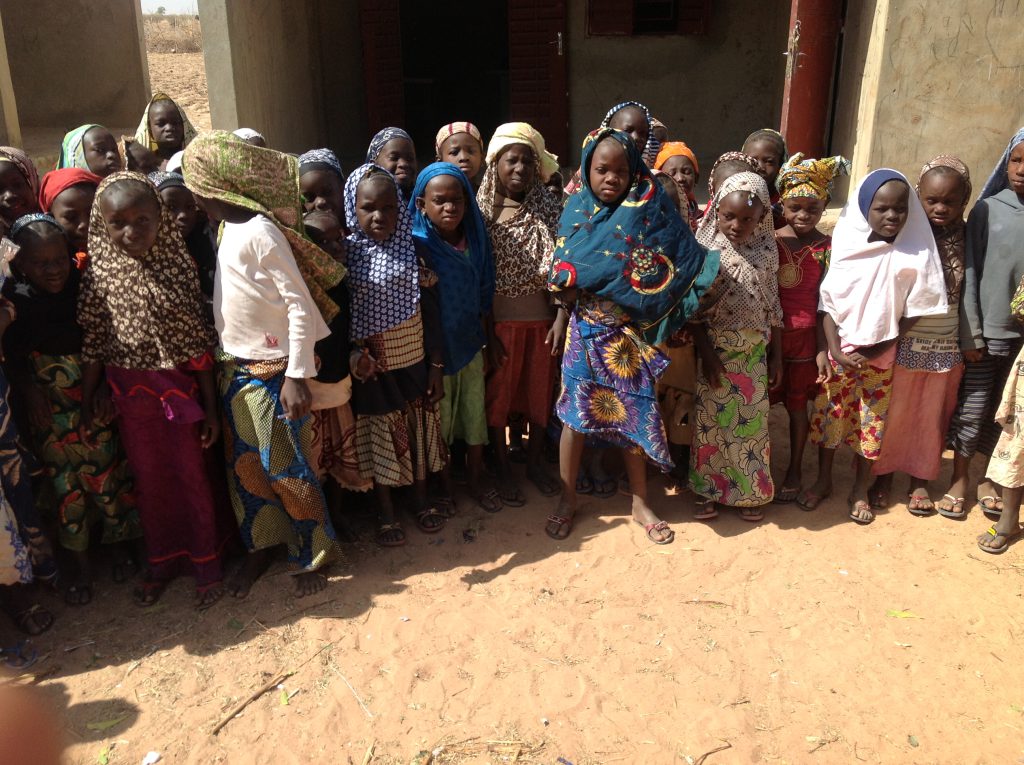
Neonatal illnesses, malaria, pneumonia, diarrhea, and diseases with evidence-based cost-effective preventive and curative methods, distance to the care center, and lack of appropriate infrastructures are the leading causes of neonatal death in Mali. Moreover, there is a correlation between delayed access to effective care and the under-5 mortality rate. While a lack of access to vital healthcare services contributes to high maternal and child morbidity and mortality rates, timely access to equitable healthcare is vital to manage diseases that progress rapidly. The geographical distance between care centers and patients is another impediment to accessing care for the urban poor. In Bamamba Cercle which is comprised of more than 40 villages, among which Kerouane and Touba, one (1) ambulance serves more than 190,000 people. Different fees at points of care desensitize and discourage many people regarding health visits.

Even the smallest contribution can change lives.
One less cup of coffee for you can mean a whole world to these children.
We envision a world of hope, inclusion, and equity where the most vulnerable, especially children, women and elders in rural communities receive timely and proper healthcare and education.
Our mission is to use integrated clinical practice and local partnerships to improve healthcare services and education by eliminating barriers and providing timely care to vulnerable women and children in rural Mali.
Solidarity, Humanity, Justice, Time and Health.
The Healthcare system of Mali is a pyramid with the community health centers at the bottom. The distance between community health clinics and major hospitals are about one (1) hour to 2.5 hours ride. These health clinics sustains the healthcare system. Generally, the clinic has only one (1) primary care provider on duty. An integrated pharmacy that carries basic supplies and general treatments is usually integrated. Beyond common illnesses, patients are referred to hospitals located in urban areas, usually in the capital Bamako. Keneya Ni Kalan Institute (KNIKI) proposes equitable healthcare services that function alongside patients, that reach and treat them efficiently.
KNIKI will first focus on increasing the number of ambulances available in rural Mali and training a workforce to operate them. During this process, we will connect with the existing healthcare resources to begin a process of integrating healthcare.
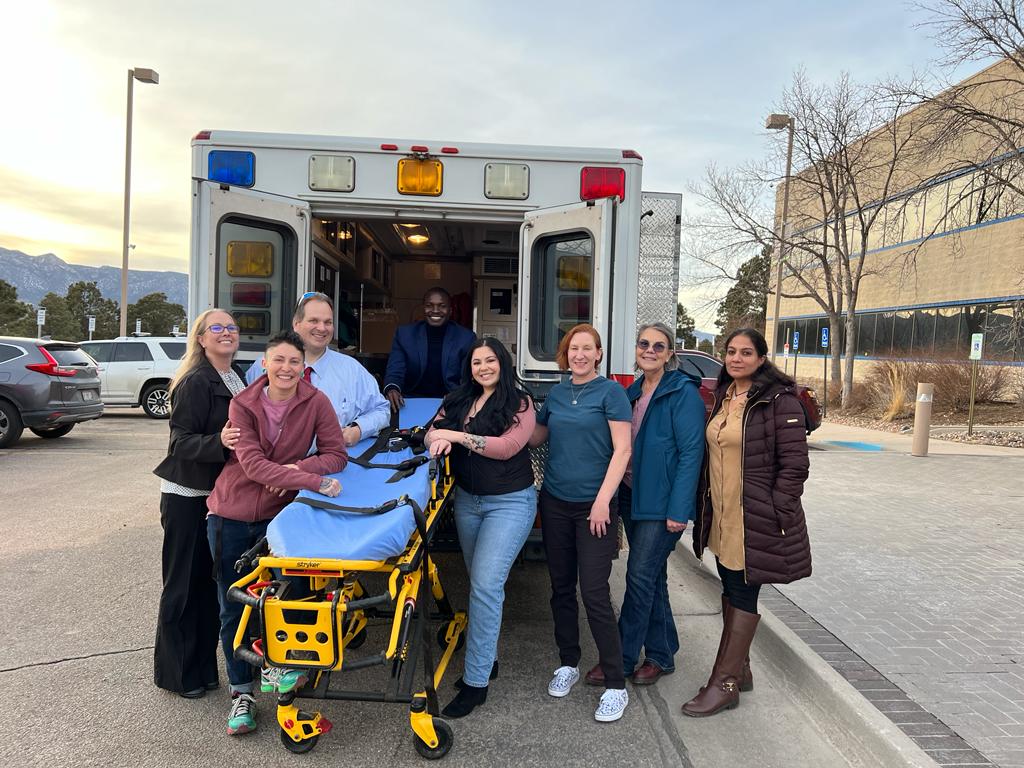
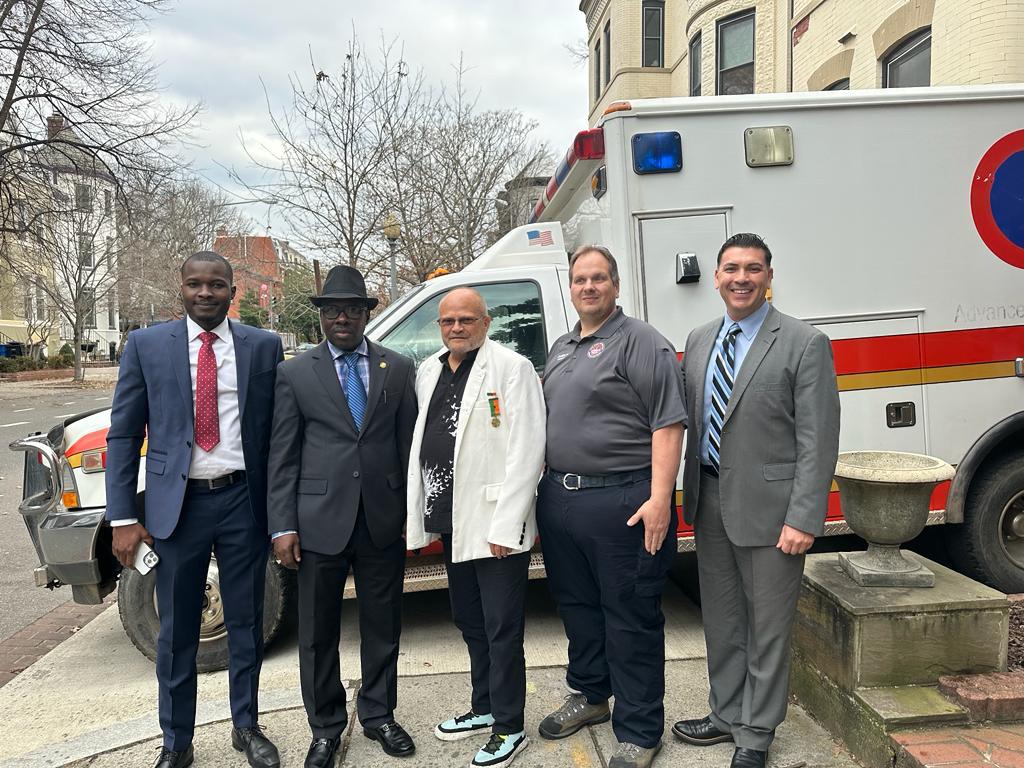
KNIKI builds unique partnerships with target communities by connecting resources. We train locals as Community Health Workers (CHWs). Equipped with digital tools, their role is to search for patients through door-to-door home visits to monitor their health. They offer healthcare services in patients’ homes including providing crucial preventive health information. Through CHW’s, KNIKI empowers mothers, caregivers, and community members to provide access to equitable healthcare through an innovative delivery method.

Mali is a culturally rich and diverse country in West Africa. With a population of 20,741,769, the average age is 16.
Handmade figures from African children. All funds will go into rebuilding school after the flood.
We’ve invited best chefs from Europe. All funds will go into African Children Health Care Program.
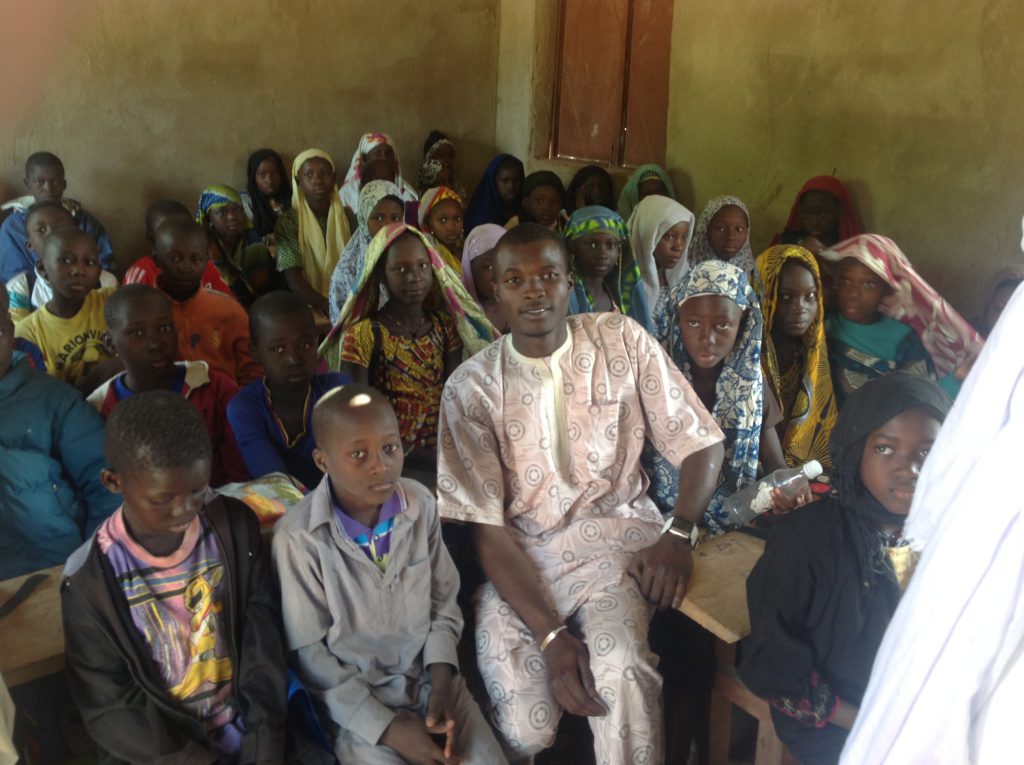
Your actions could change many lives .
Completed projects
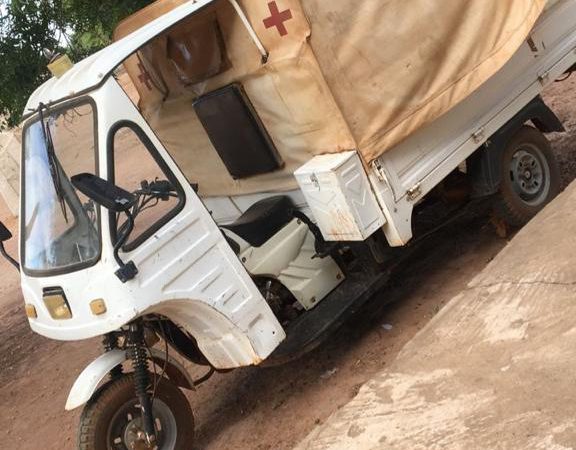

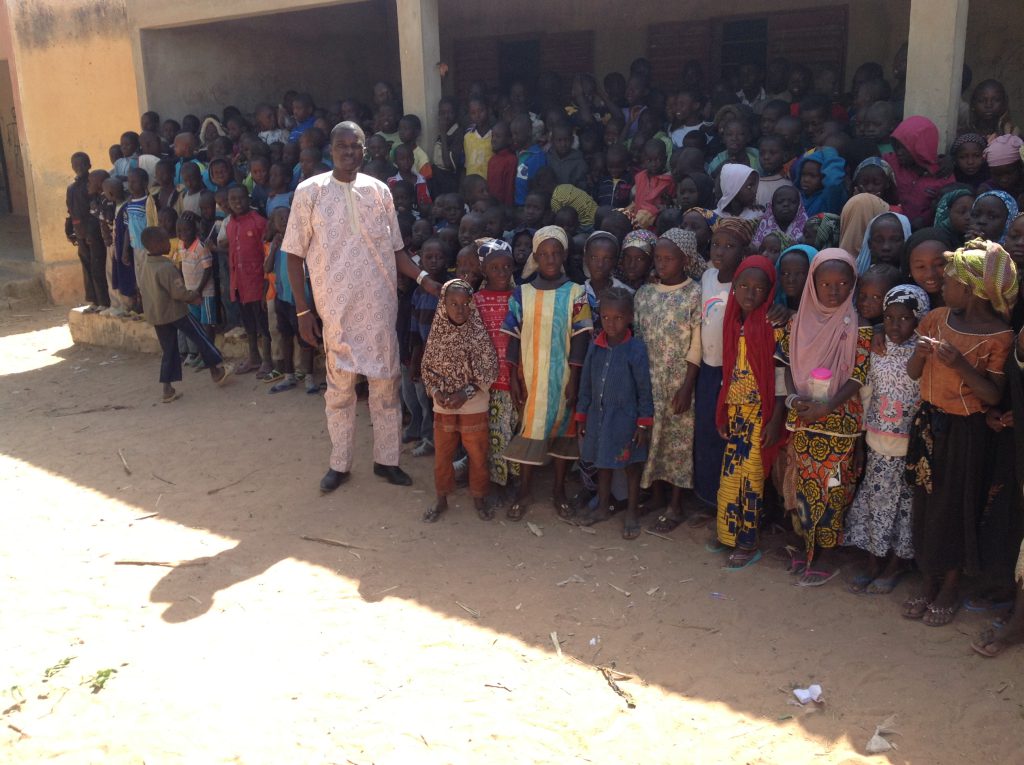
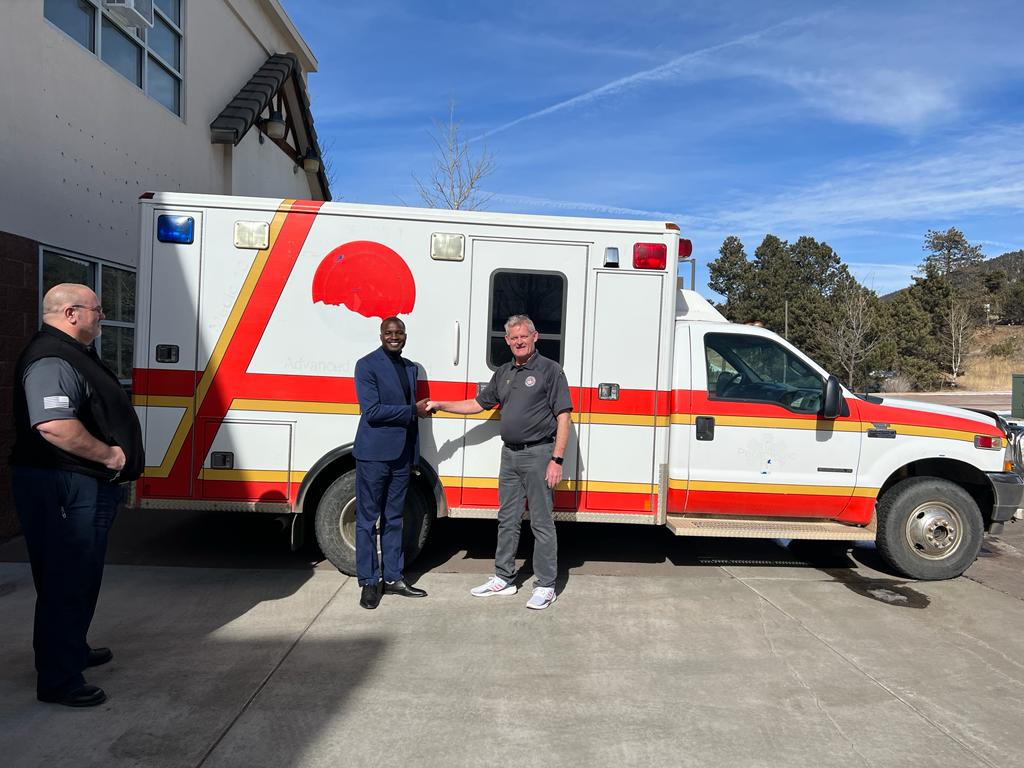


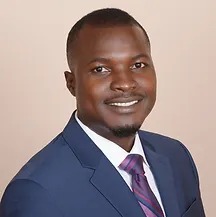
Baissou Sissoko – is a conflict resolution specialist with a decade of experience. He began his career as an intern with Maryland Mediation and Conflict Resolution Office and served as a volunteer with various community mediation centers, district, and circuit courts, and schools. Previously, he worked with the Baltimore City Office of Civil Rights and the Washington D.C. Office of Police Complaints to implement and/or coordinate the Police Complaints Mediation Programs. He taught conflict resolution courses and facilitated workshops on Diversity, Culture, and Indigenous Alternative Dispute Resolution Processes in Mali and the US. The owner of Sora & Associates Mediation and Conflict Resolution Services, he is Vice President of the Association for Conflict Resolution (ACR), an editorial board member for ACR Quarterly Journal, and a former JAMS grant reviewer. He holds an MS in Negotiation and Conflict Management from the University of Baltimore and a BS in Foreign Language from Fes, Morocco. He speaks French, English, Bambara, Soninke, and Dyula.
Baissou’s background and passion for founding KNIKI as told by him: My story begins in 1998 in the Ivory Coast, a couple of years after the death of the first president. A new immigration policy considered discriminatory to individuals of immigrant parents like me was enacted. To be considered a citizen, one of the child’s parents had to be born in Ivory Coast. Inequalities and inequity were prevalent both at school and in the community. At 15 years old, I relocating to Mali while my parents stayed in the Ivory Coast.
My first years living in the villages of Kerouane as a student were extremely challenging. I loved going to school, and was cared for by my teachers, the community. The phrase “it takes a village to raise a child” is a testament to my childhood.
Kerouane is a small village about 3 hours’ drive from the capital Bamako. The only community health center available serves Kerouane and 15 surrounding villages totaling 18621 people. In case of emergency, the village uses a motorcycle to evacuate patients. In extreme cases, an ambulance is requested from the city, which often arrives too late. Consequently, many people, like my father and my younger brother, have lost their lives. One morning in 2008, my father woke up with a migraine. In just a few hours, the illness got worse. There was no ambulance. Even though a car (not an ambulance) was sent, it was too late. He passed away on the 2 hours journey to the hospital. In 2019, the ambulance evacuating my younger brother in a coma broke down on the road. It was too late by the time another ambulance came to the rescue. More than often care is delayed and sometimes too late resulting in countless loss of lives.
KNIKI’s proactive approach provides quality, timely, free primary care to its patients in rural areas through local empowerment, thereby contributing to universal healthcare and community well-being. With your help, we can save lives by providing sustainable access to life-saving healthcare

Gary Wingrove, FACPE, CP-C – is the board’s vice-president. He started his ambulance career while a high school junior in small town in Iowa. After graduating from high school Gary moved to Minnesota where he became a paramedic. He has worked in municipal, private, non-profit, and hospital-based ambulance services throughout his career. Gary was Minnesota’s state EMS director from 1995-1997 while transitioning the staff and functions of Minnesota paramedic and paramedic service licensing from the state’s health department to the Minnesota EMS Regulatory Board (EMSRB) that was established by the legislature.
Gary has created several non-profits that enhance the visibility and functions of paramedics. He currently chairs the International Roundtable on Community Paramedicine, is president of The Paramedic Foundation, and is treasurer of the Paramedic Network (and affiliated non-profit corporations). Gary has been awarded the paramedic medal of the Republic of Ireland for his international work in advancing community paramedicine, was given a commendation by the governor of Minnesota for his work in standing up the EMSRB, received a leadership award from the Minnesota Commissioner of Health, the president’s award from the American Ambulance Association, the rural health hero award from the Minnesota Department of Health, he was an inaugural appointee to the National EMS Advisory Council, and an inaugural inductee of the JEMS EMS 10 Top Ten Innovators program.
Gary works full-time for a large hospital-based paramedic service in the Midwest. In his role with The Paramedic Foundation, he is a consultant to states on various issues affecting paramedics and paramedic services. Gary works from a home office in Florida City, FL.

James McLaughlin – is the Director of Community Paramedicine with Ute Pass Regional Health Service District (UPRHSD) and is affectionately known by most within the community as “Tiny.” James has been involved with emergency medicine since 1991 and has been honored to serve the citizens of Ute Pass Regional Health Service District since 2008. James has a Bachelor of Science in Business Administration from Colorado Technical University, focusing on International Finance, and is working on his Master of Science in Legal Studies. The UPRHSD Paramedic Advanced Care Team (PACT) that James leads seeks to maximize value to the community by leveraging underutilized resources to meet the needs of marginalized and underserved populations. James is trained in Trauma-Informed Care, Motivational Interviewing (MI), and Crisis Intervention Team (CIT) interventions and is a certified level-three Crisis and Hostage Negotiator. In 2021 James was named Colorado State Community Paramedic of the year. James currently serves as chairman of the Pikes Peak Community College Emergency Medical Service Advisory Committee and is the treasurer of the Teller County Mental Health Alliance. James is adjunct faculty for Pikes Peak State College and the prestigious University of Colorado Health system. Before moving to Colorado, James served four years with the Office of Homeland Security, Disaster Medical Assistance Team (DMAT). James is a former Boy Scout and Explorer Scout.

Cindy Barron is the board’s secretary. She spent the majority of her life in Minnesota and is now officially a Texan. Association management quickly became her passion and path for 30 years after completing her education in Business Management. She provides top-notch professional services to multiple non-profit emergency medical service organizations. She has extensive experience and touches all aspects under the sun including financial management, human resources, sales, marketing, public cooperative bidding processes, contracts, grant development, award management, and much more! Cindy participates in and has chaired various workgroups. She also represents and serves on many EMS-related Boards. She currently leads a global organization in the advancement of the Paramedicine profession, helping EMTs, AEMTs and Paramedics attain their educational goals. Cindy also provides Human Resource Consulting for an organization providing in-home healthcare. She works closely with the Field Providers and Care Advocates, setting them up to give patients the hands-on care they need at home and supporting the drive of improving people’s lives by bringing more humanity to healthcare. In addition, Cindy delivers overall office and financial management to Non-Profit Group Purchasing Organizations that focus on providing equipment, supplies, and services at the lowest prices in the industry to Government, EMS, Fire, and Police. She drives teams and offices of a few Institutes and Foundations that provide consulting services to states on various issues affecting public safety agencies in the United States. Over the years, she also supported lobbyists with their work to influence political decisions on goals to improve existing legislation and proposals of new. Cindy aided with the Community Benefit and Financial Distress Tool, encouraging agencies to participate. By completing the tool, it gave them a standardized way to inform their city or county and potential funders about the benefits they provide and are not paid for in a consistent manner. She was also the primary office for the benchmarking data collection project with the goal to identify and publish best practices, that will aid ambulance services with diminishing reimbursement in their efforts to become more efficient. Another current focus is operating as the primary office for housing and releasing the Community Paramedic curriculum to colleges and universities across the country. From the launch, she has enjoyed leading and supporting projects along the way and watching community paramedicine grow! Working with various public safety agencies and front-line team members throughout her career brings a deep respect for EMS & Pre-hospital care.

Mary Ahlers, MEd, BSN, ACP, NRP, EMSI, founder of Paramedic Health Solutions, and the Paramedic Network, authored the National Curriculum and Career Pathway for Community Paramedicine©, launched the Global Paramedic Higher Education Council offering curriculum standards and accreditation for both Community Paramedicine and Critical Care Transport, and the Global Paramedic Academia Consortium for Higher Education for international curriculum development and peer review, leading the advancement of the paramedic profession globally.
Mary serves as Clinical Coordinator for the University of Cincinnati Medical Center Air Care & Mobile Care in Cincinnati, Ohio, AACN President and OONL President-Elect for the Greater Cincinnati Chapters, Professor and Advisory Board for Hennepin Technical College, International Journal of Paramedicine (IJOP) Editorial Advisory Board, The Paramedic Foundation Advisory Board, represents EMS Education and serves as Chair for the National EMS Advisory Council (NEMSAC), Board Member for the Association for Critical Care Transport (ACCT) and the Keneya Ni Kakan Institute.
